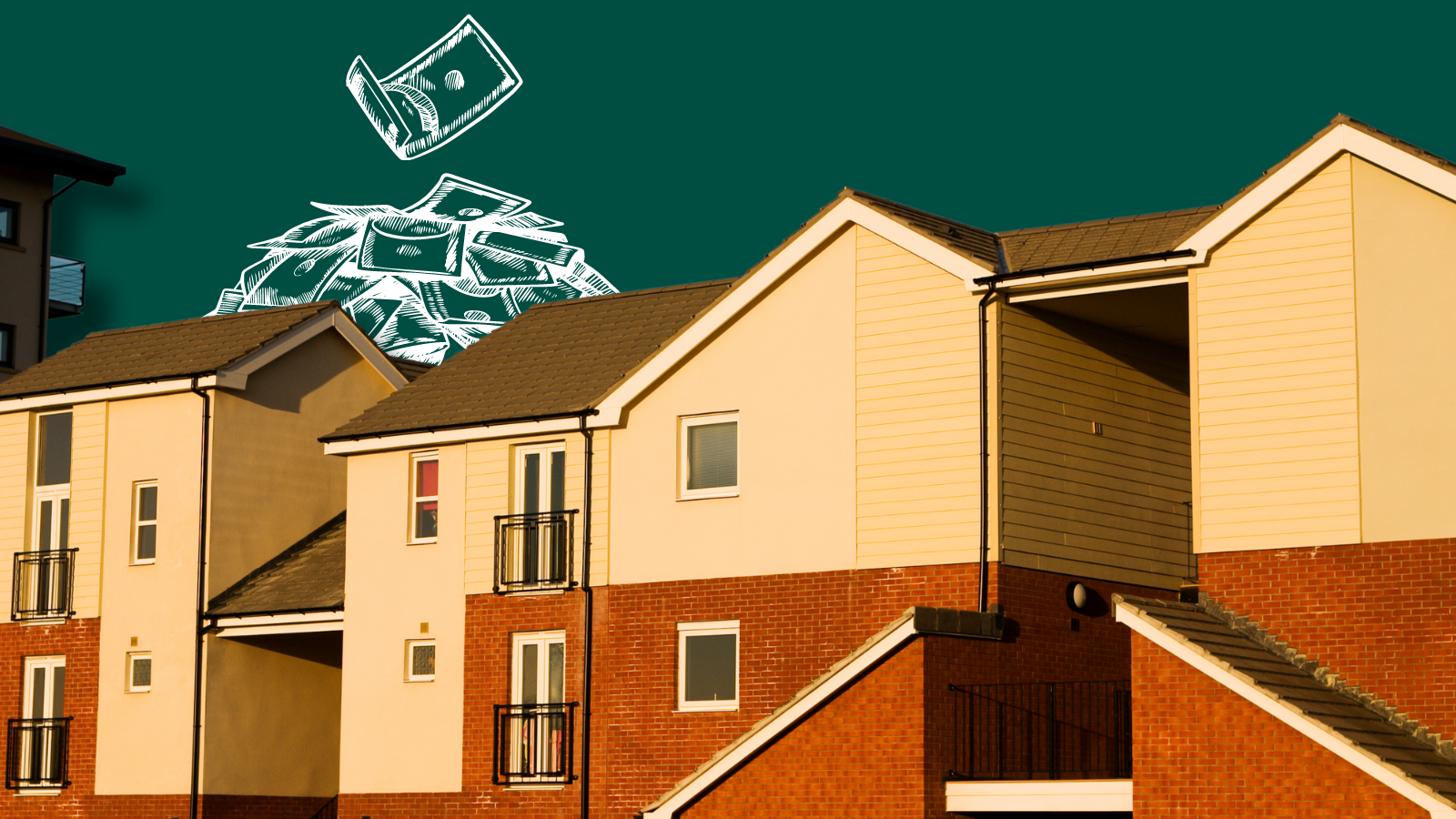The Latest Financial Trouble for Affordable Housing in Washington State
Crossposted at Fix HomelessnessSeattle’s nonprofit affordable-housing providers are finding themselves in deep water. According to an Alex Fryer column in the Seattle Times, the City of Seattle has recently given $14 million in emergency funding to affordable housing nonprofits and developers in an attempt to stabilize them and mitigate their losses. The article reports the financial losses of several nonprofit housing providers due to non-payment of rent, costly evictions, vacancies, and behavioral challenges with tenants. However well-intentioned the efforts to finance nonprofit housing have been, the properties have been plagued by policies that strip tenants of accountability at the cost of landlords and a legal system that seemingly stonewalls attempts to remove non-paying or destructive tenants.
But the problem isn’t isolated to urban Seattle. Elected officials in Spokane County in eastern Washington are discussing taxpayer bailouts of nonprofit affordable housing providers to the tune of nearly $2.3 million. According to the Center Square, officials point to “skyrocketing insurance rates, non-payment of rent, and increased operating expenses” as the driving causes behind the negative cash flow of a handful of nonprofit housing providers. Ironically, in a public meeting on the subject, one Housing and Community Development Department administrator described affordable housing as “often the least affordable thing you do.” Statewide, the Department of Commerce is planning to distribute up to $4.85 million this year to affordable housing owners to cover the cost of repairs, insurance deductible, permits, and fees.
Whether Washington is an outlier in what some describe as a nationwide phenomenon, the problem is not limited to the nonprofit sector (though governments tend to be more sympathetic to nonprofit providers’ requests for support). An amicus curiae brief filed by a Seattle Real Estate company details the financial loss experienced at their downtown affordable housing property. Between 2020 and 2022, the property lost over $2 million in unpaid rent alone. When accounting for the difference between the income the property could generate if its units were leased at market rate compared to income-restricted rent, the financial losses in the same time period mount to $3.86 million.
The lesson learned from these numbers is that under the current state of affairs, there is no incentive for the nonprofit or private housing sector to put its resources towards affordable housing.
Washington is in dire need of affordable housing, and the private sector is a critical stakeholder in the creation of that housing along with the nonprofit providers, who are the primary recipients of government help to offset their losses. It’s not only housing providers — public and private — that are facing the current challenges. Families living in affordable housing are surely impacted by the surrounding instability, and that impact is felt in private affordable housing just as much as in nonprofit.
Rather than thinking that government aid will solve the problem, we need to consider that poor legislation and ineffective use of taxpayer resources to fund unsustainable housing endeavors played a role in getting us to this point. The Seattle Times article and the amicus brief both point to a years-long eviction moratorium in response to the COVID-19 pandemic that halted rent payments and changed the atmosphere inside affordable housing communities. Since the moratorium ended in 2022, eviction courts have faced a growing backlog of cases as taxpayers fund legal assistance for tenants whose cases drag along for months.
As if that’s not enough, Seattle is also navigating an epidemic of fentanyl addiction and associated behavioral and crime challenges that have increased the property damages, security, and insurance costs of housing providers.
Fryer rightly states that the city needs leadership that “balances the rights of tenants with the financial realities of those who build and maintain housing.” It’s in that balance that affordable housing can thrive as a profitable endeavor for developers and owners, and a safe place for residents to call home. In the current state of affairs, everyone — nonprofits, the private sector, low-income residents, and the government — loses out. Government bailouts are a symptom of unworkable policies, not a solution.
